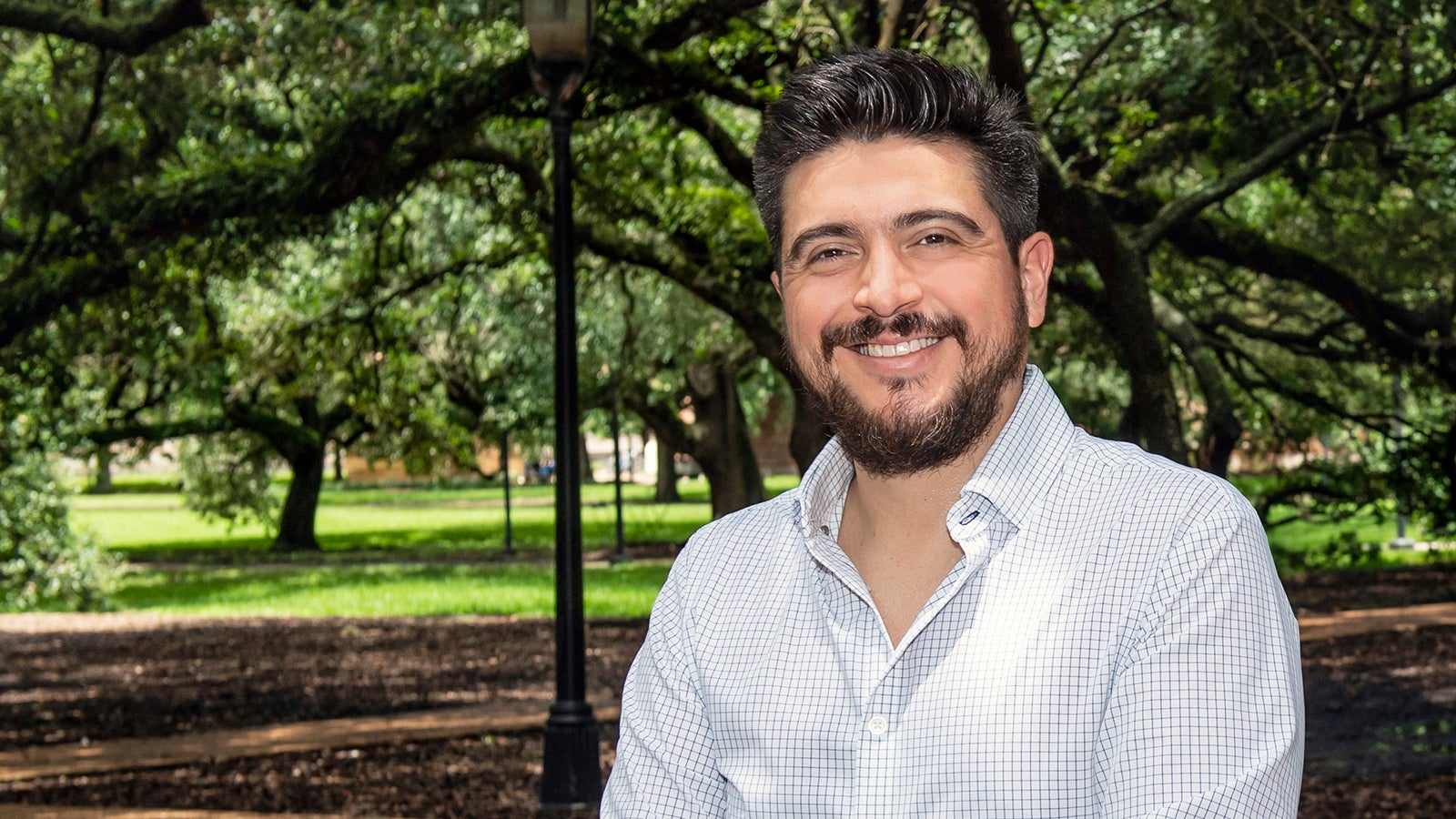Rodrigo Ferreira has joined Rice’s Department of Computer Science as an assistant teaching professor. He was previously a postdoctoral researcher in technology, culture, and society at the Rice Academy of Fellows. He has a PhD in Media, Culture, and Communication from New York University (NYU).
“Rodrigo Ferreira is an expert in ethics and societal impacts of computing, and I'm especially pleased to have him contribute to the new Master of Data Science," says Chris Jermaine, chair of Rice’s Department of Computer Science.
"For too long, computer scientists have developed society-altering software (think Google and Facebook) without thinking too much about the consequences. This can't go on,” says Jermaine. “Soon, having an expert in ethics and societal implications like Rodrigo will be mandatory for every CS Department. We're very excited to be leading in this area."
Ferreira will be teaching various courses in technology and ethics to both undergraduate and graduate students and be responsible for developing ethics-related curricula across the department, including modular content for use by students and faculty in specific research areas such as AI/ML, Data Science, and Engineering. In collaboration with fellow computer science faculty member Moshe Vardi, Ferreira has developed “Deep Tech Ethics” as a pedagogical approach that seeks to orient computer science education toward greater focus on affective care, historical power inequalities, and social justice.
“From the start, it was clear to me that Rice CS was an excellent fit for my particular skills and vision for the role of ethics in computer science,” says Ferreira. “Some CS departments have tended to outsource this labor to other disciplines, making the claim that computer scientists should not be responsible for teaching ethics or social issues. Unfortunately, one major consequence of this decision is that students in those circumstances have ended up receiving a disjointed educational experience – they might learn about ethics in philosophy, about social justice in history, and about colonialism in literature or cultural studies programs, but they might never have the opportunity to bring their insights together or to apply them to their research and interests in computer science,” says Ferreira.

